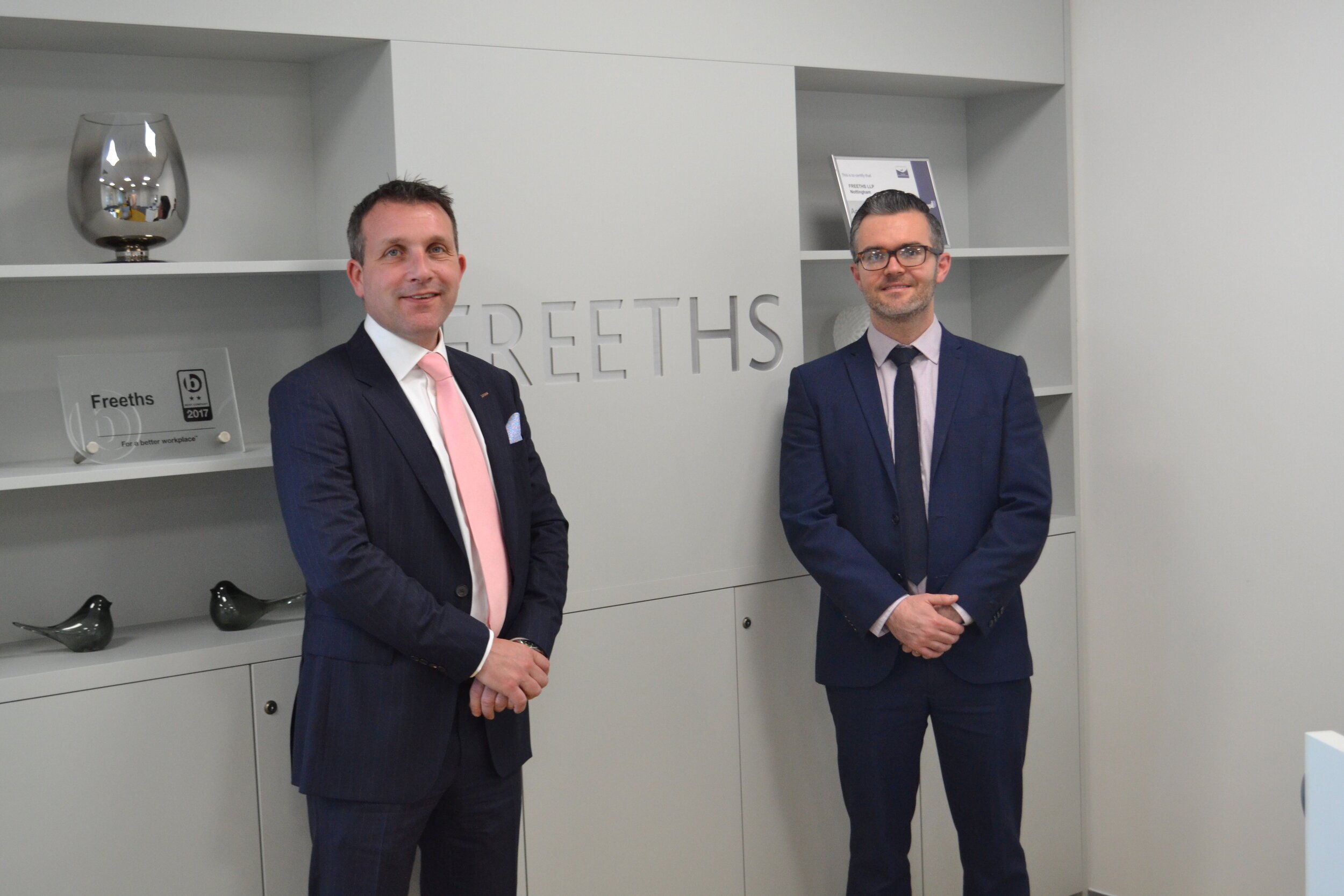How Sustainable Is The Liverpool Property Market?
Liverpool’s property market is currently booming, making it attractive to developers, investors and buyers. It’s attractiveness to investors is also spreading beyond these shores. According to proptech firm, Datscha, £361m was invested from overseas in the year ending November 2018. This is an incredible leap from just £15m recorded in 2017. A significant amount of that investment came from the US.
For a long time the City struggled economically and its population declined. However, since the turn of the century Liverpool’s fortunes have turned. According to the Office of National Statistics, the City Centre population has increased by 181% between 2002 and 2015; there has been significant investment; and, according to Mayor Joe Anderson there is up to £14b of further investment in the pipeline. However, is this sustainable?
Liverpool’s housing market is particularly attractive to investors with average house prices lower than the national average, some of the highest rental yields in the country, and the strongest house price growth in England last year. The BTL market may now be less attractive due to greater regulation and taxation but the Liverpool market should still remain attractive to investors.
Within the City Centre there are a number of major developments in progress. These developments present greater risks due to their size and sheer number. Is there sufficient demand for the number of units being built? Or, could Brexit and the ongoing trade wars impact on the availability of development finance going forward?
A long term issue is also the lack of Grade A office space in the City. To continue its current trajectory there is a need for such office space to make the City attractive to major employers. At the moment Liverpool lags behind the likes of Manchester. Whilst some of the current developments incorporate Grade A space there is still a need for more.
Overall the Liverpool market looks good but it would benefit from better quality office space. However, the biggest risk to the markets sustainability could be wider geopolitical factors and their effect on the availability of finance.
Andrew Nichol (left) and Luke Hopkins (right) from Freeths Solicitors


